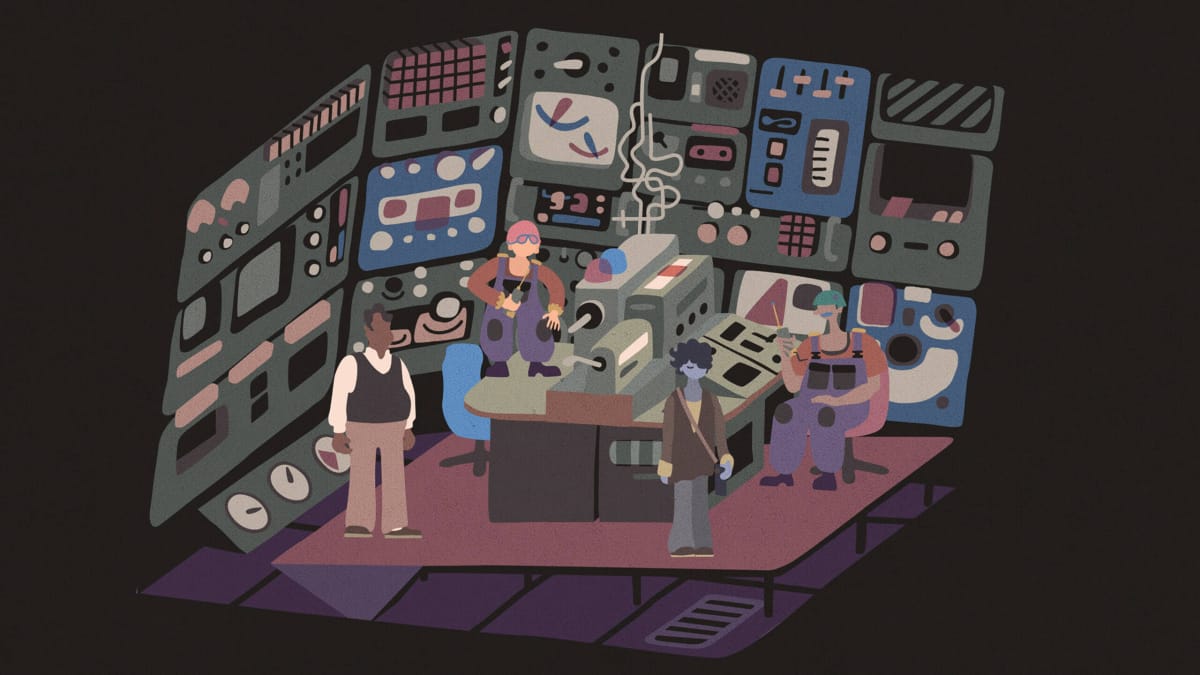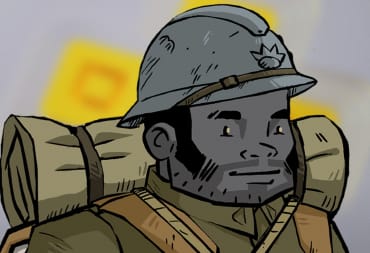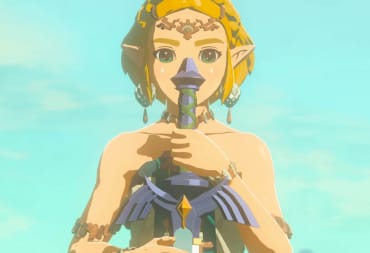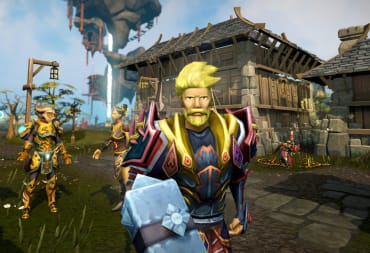Indie studio Die Gute Fabrik has shared what it calls "one of the first" reports on the climate impact of a game's development process.
The studio, whose name you might recognize from games like Sportsfriends and Mutazione, releases its latest game Saltsea Chronicles today.
As part of that game's release, Die Gute Fabrik has released what it believes is a "world-first" in the form of an independently-written climate report regarding the development process' impact on the environment.
The full report, which was prepared by AfterClimate's Dr. Benjamin Abraham, is a very thorough examination that aims to understand Die Gute Fabrik's climate impact "over the period of production" for Saltsea Chronicles.
The report also aims to couch these emissions in the wider context of the gaming industry, as well as to identify the main sources of emissions and to understand strategies for reducing climate impact.
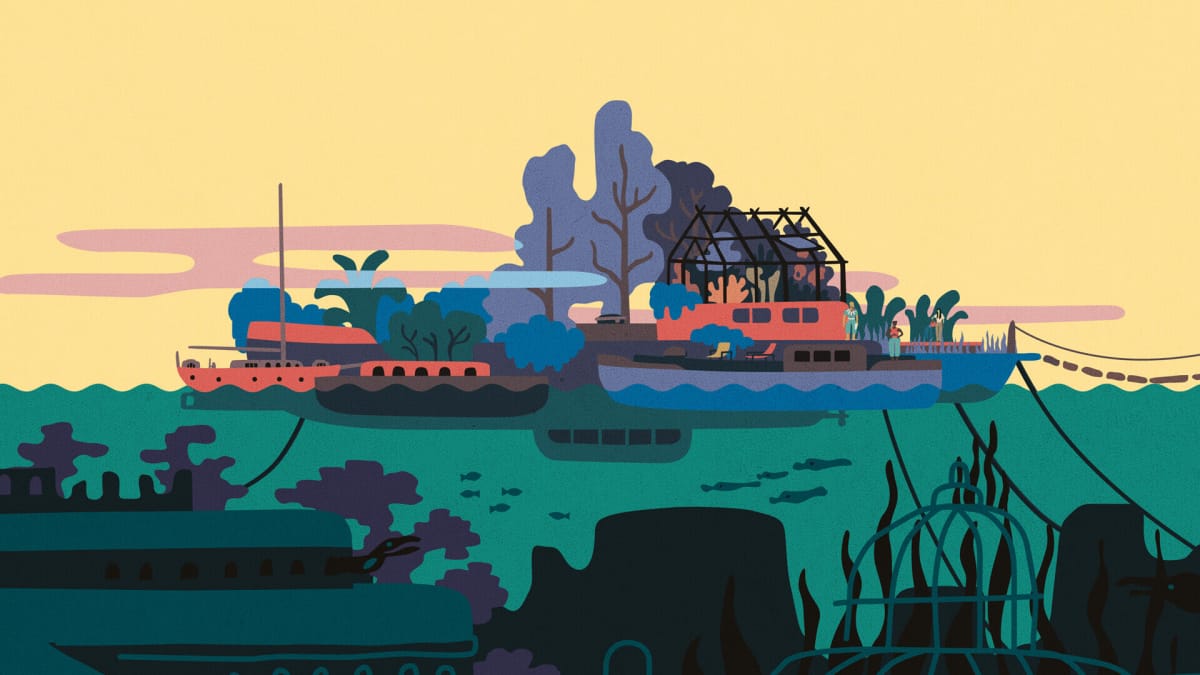
I won't go into detail on the report here, because it's well worth a read for yourself.
However, Dr. Abraham estimates that Saltsea Chronicles generated a total of 47,196 kg CO2e, which is "approximately 0.000058% of what the biggest game companies in the world acknowledged emitting in [2022]".
This total was calculated by taking into account factors like electricity used by work-from-home devices, as well as heating, cooling, and international flights.
So, what are Dr. Abraham's recommendations regarding what indie studios (and AAA studios, for that matter) can do to lower their emissions?
His first recommendation is for studios to implement an emissions accounting and disclosure process so that the information regarding studios' climate impact is publicly available.
Using this information, it should then be possible for studios to set "targets for decarbonization", with an "ambitious" target set for around 2030.
Supporting staff and working environments in the transition away from fossil fuels is also crucial, according to Dr. Abraham.
Make sure to give Dr. Abraham's report a look if you'd like some fascinating insights into the ways indie studios affect the climate when they make games, as well as the ways those impacts could be offset in future.
